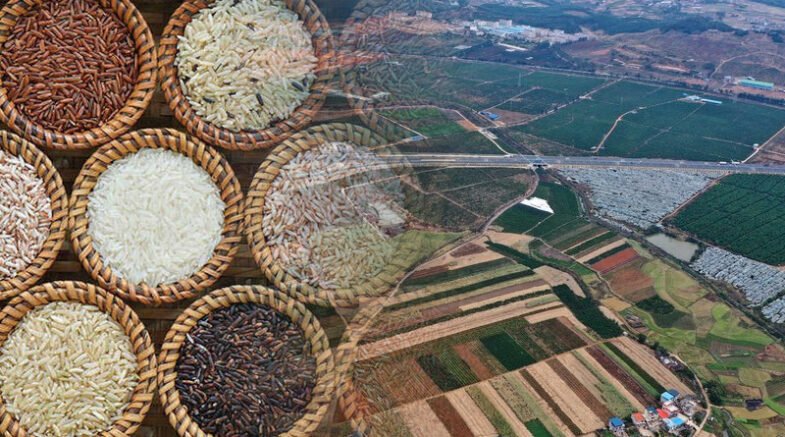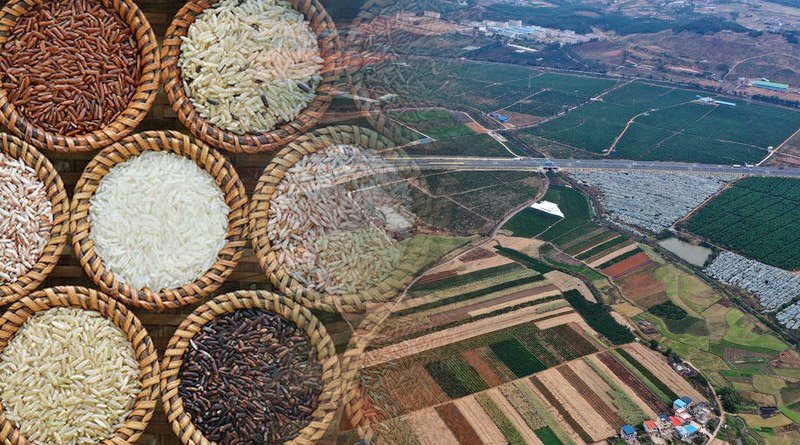The provincial minister approved 56 new varieties for general cultivation and instructed growers to submit DNA reports for seven different crop varieties within 15 days.

56 new varieties of various crops submitted by the private and public sectors were approved by the Punjab Seed Council (PSC) on Friday.
The new crop varieties that were approved for planting included paddy, hybrid maize, oats, gramme, groundnut, rye, sunflower, sesame, berseem, dates, wheat, and cotton. The provincial minister for trade, industries, and energy, presided over the 56th meeting of the Punjab Seed Council (PSC).
The provincial minister approved 56 new varieties for general cultivation and instructed growers to submit DNA reports for seven different crop varieties within 15 days.
Speaking on this occasion, the minister stated that the Punjabi government was making every effort to ensure that farmers received high-quality agricultural inputs in order to meet production goals. The minister ordered the creation of a “Green Revolution 2” subcommittee to examine the issues with various crops.
He also praised agricultural researchers for creating these varieties and gave the Punjab Seed Council instructions to enhance future research trials. Additionally, he ordered that DNA fingerprinting and variety registration be requirements for the approval of agricultural commodity types.
Additionally, he stated that the government was giving quality seed production special attention in order to increase agricultural production per acre with top-notch seeds, which will also increase domestic exports. Wasif Khursheed, secretary of agriculture, emphasised the need to introduce cutting-edge harvesting technology.
He urged agricultural scientists to find crop varieties that could be productive for at least five years while maintaining low production costs. According to him, resistant new crop varieties are being developed in order to reduce disease attacks on crops and boost agricultural output per acre.
According to him, it would be better to find types that could produce better outcomes in the pitch rather than more types. There were opportunities to increase the production of dates and fruits in our nation outside of traditional agriculture.
To safeguard the rights of pure seeds and breeders, the agriculture secretary mandated the DNA fingerprinting report. Shan-ul-Haq, the MD of Punjab Seed Corporation, Special Secretary Agriculture (Marketing) Punjab Kulsoom Hai, and numerous members and breeders from the public and private sectors attended the meeting.
